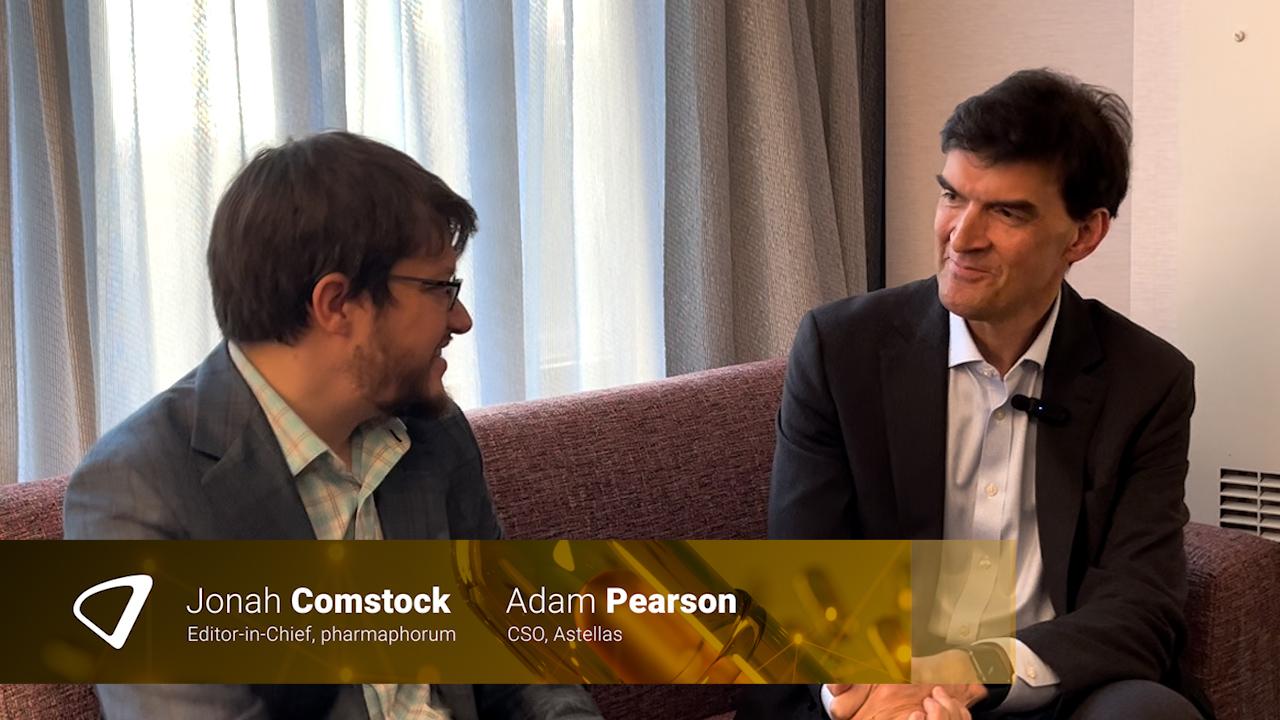Seattle Genetics and Astellas file bladder cancer drug in US

Seattle Genetics and Astellas have filed their antibody-drug conjugate enfortumab vedotin with the US drug regulator for advanced bladder cancer, after failure of chemotherapy and immunotherapy.
Results of the phase 2 EV-201 bladder cancer trial involving enfortumab vedotin were one of the talking points of this year’s American Society of Clinical Oncology (ASCO) conference.
They made a strong case for the drug in a group of patients with locally advanced or metastatic urothelial cancer, who have received a PD-1/L1 inhibitor and a platinum-based chemotherapy.
The filing is based on results from the first cohort of 128 patients in EV-201, showing a 44% response rate and a complete response of 12% and 7.6 months median duration of response.
These latest data show a median progression-free survival of 5.8 months, and a median overall survival of 11.7 months.
Responses were observed across all subgroups and were irrespective of response to PD-1/L1.
The companies are seeking an accelerated approval based on these mid-stage data, where the FDA grants a licence ahead of confirmatory results from a larger trial.
That trial, codenamed EV-301 is already under way, and aims to provide survival data and greater detail about the drug’s safety profile.
There were side effects observed in EV-201, the most common being a rash, but they were all reversible.
Enfortumab vedotin is an investigational antibody-drug conjugate (ADC) that targets Nectin-4, a protein that is highly expressed in urothelial cancers.
The antibody part of the drug targets the receptor on the cancer cell, while the toxic payload of vedotin causes the cells to die.
The FDA granted enfortumab vedotin “Breakthrough Therapy” status due to the lack of treatment options for patients with bladder cancer after failure of chemotherapy and immunotherapy.
Roger Dansey, chief medical officer at Seattle Genetics, said: “There is an urgent need for new therapies for patients with advanced urothelial cancer, and we look forward to working with our partner Astellas and the FDA on the review of this application.”












